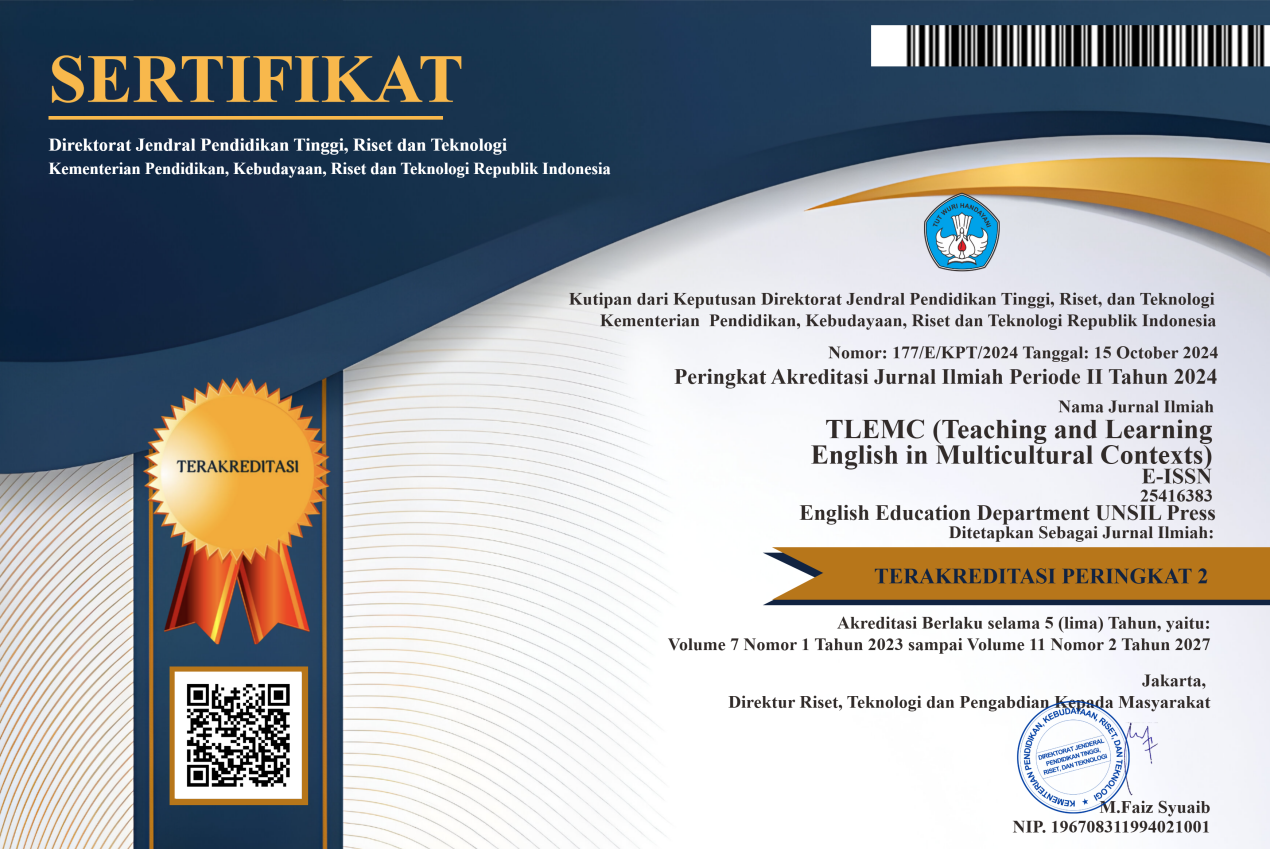DEVELOPING A THAI READS ENCODER TO GAUGE EFL READING PROFICIENCY OF THAI UNDERGRADUATE STUDENTS
Abstract
Reading is not simply an understanding of graphic symbols, but it is also the interaction between a language and thoughts as it is a message coded in written form that needs to be understood. A very vital skill to master, reading has become an essential component of English as a Foreign Language (EFL) programme that inevitably needs an evaluation part. The component, however, provides no specific information about possessed performance of each student. Presently, there is an existing READS (Reading Evaluation and Decoding System) used as a diagnostic tool in assessing new intake of English reading proficiency at Universiti Sains Malaysia beginning in the academic year of 2014-2015. The existing READS, however, is specifically used on the basis of Malaysian school curricula and apparently has Malaysian culture embedded in its encoder. As a result, the encoder presents a significant amount of contextual biases. This study aims at developing a Thai localised version of READS encoder to serve as an indication of the specific skills each student possesses. A model Thai READS was developed and piloted to more than six hundred Thai undergraduate students in evaluating the students’ performance. The study revealed that the Thai variation of READS is effective in evaluating the students’ performance and decoding their reading skills.Â
Full Text:
PDFDOI: https://doi.org/10.37058/tlemc.v2i1.487
Refbacks
- There are currently no refbacks.
INDEXED BY:
This work is licensed under a Creative Commons Attribution-NonCommercial-ShareAlike 4.0 International License.
![]()
TLEMC (Teaching and Learning English in Multicultural Contexts)
Program Studi Pendidikan Bahasa Inggris
Fakultas Keguruan dan Ilmu Pendidikan
Universitas Siliwangi
Jl. Siliwangi No. 24 Kota Tasikmalaya - 46115
email: tlemc@unsil.ac.id





